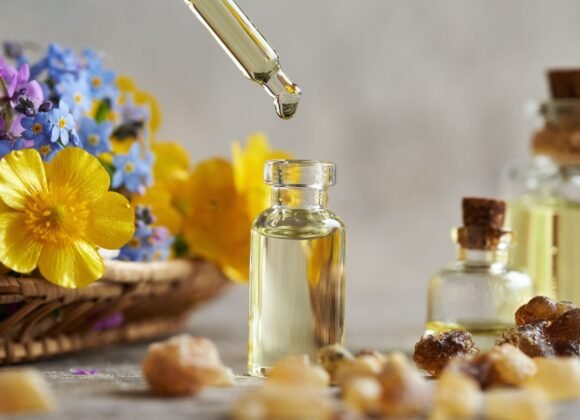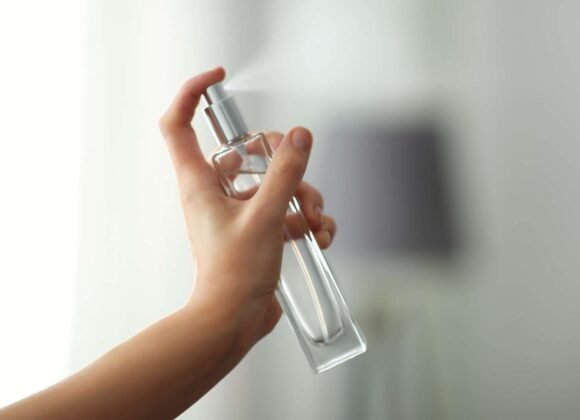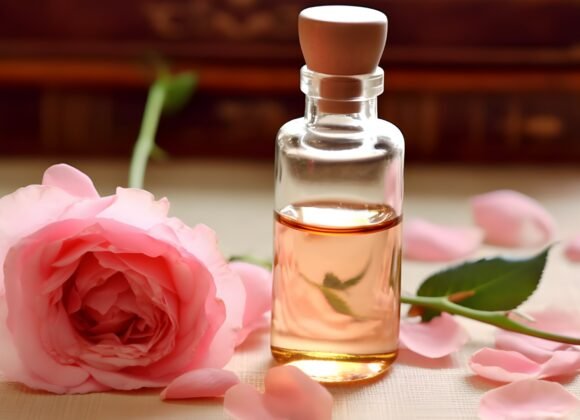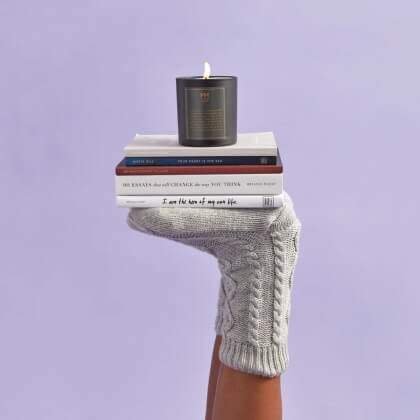The art of perfumery has captivated humanity for centuries, with fragrant essences serving as invisible accessories that enhance our presence and boost our confidence. However, one common frustration among perfume enthusiasts is the fleeting nature of many scents. The quest for a long-lasting fragrance often leads to disappointment, as even high-end perfumes can fade away before the day is through.
In this article, we’ll explore the factors that influence perfume longevity and provide practical tips for extending the life of your favorite scents. Whether you’re a casual perfume wearer or someone interested in how to become a fragrance designer, these insights will help you appreciate the complexities of creating a lasting olfactory impression and make the most of your fragrances.
The Art of Perfume Formulation
Creating a long-lasting perfume requires a deep understanding of ingredients and their interactions. Perfumers must consider the fragrance family of each component and how they complement one another. Balancing natural and synthetic ingredients can often lead to improved longevity without sacrificing the complexity of the scent profile.
Perfumery is rarely just “Natural” or “Synthetic”; it often blends both elements. Commercial fragrances typically comprise 95% aroma chemicals, with a small percentage of natural ingredients. In contrast, many niche and artisan fragrance houses opt for a balanced 50/50 mix of naturals and synthetics.
There are numerous possibilities within this spectrum. For instance, why not create a fragrance that’s 95% natural, enhanced with 5% carefully selected synthetics to elevate it to the next level? This is entirely feasible.
Furthermore, naturally derived isolates offer an excellent way to introduce lightness and space into dense, heavy natural formulations without relying solely on synthetics.
Understanding Fragrance Composition
1. The Pyramid Structure
Most perfumes are composed using a pyramid structure, consisting of top, middle, and base notes. The top notes are the first to evaporate, while the base notes linger the longest. A well-balanced composition ensures a gradual transition between these layers, contributing to the overall longevity of the scent.
2. The Role of Fixatives
Fixatives are ingredients that slow down the evaporation of more volatile components in a perfume. Natural fixatives like resins and balsams, as well as synthetic molecules, can significantly extend a fragrance’s lifespan on the skin.
Factors Affecting Perfume Longevity
- Skin Type and Chemistry
Our skin’s pH level and natural oils can affect how long a perfume lasts. Dry skin tends to retain fragrances for shorter periods, while oily skin can help scents linger longer.
- Environmental Conditions
Temperature, humidity, and air circulation all impact a perfume’s longevity. Warmer conditions generally cause fragrances to evaporate more quickly.
Tips for Making Your Perfume Last Longer
- Moisturize your skin before application
- Apply perfume to pulse points
- Layer your fragrance with matching body products
- Store your perfumes properly to maintain their quality






